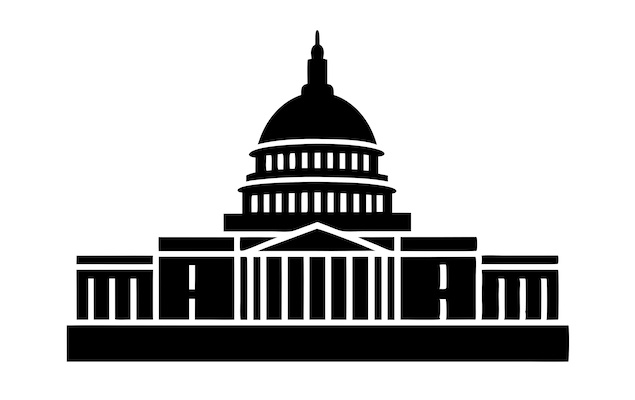3 things you missed in government this week
Physician Fee Schedule, tobacco prevention, health workforce

“Three Things You Missed in Government This Week” is designed to offer a way to stay informed on the topics of the week. These updates are meant to offer brief details on legislative or regulatory topics to keep dentists engaged and up to date. To explore the ADA’s latest advocacy efforts, more information is available at ADA.org/Advocacy.
1. The Centers for Medicare & Medicaid Services released its final rule for the 2026 Medicare Physician Fee Schedule, announcing policy updates that take effect Jan. 1, 2026. Among the changes is a new oral health–related quality improvement activity within the merit-based incentive payment system, a program primarily for Medicare-participating physicians. The merit-based incentive payment system is a Medicare program that adjusts reimbursement for participating physicians based on quality, cost, improvement activities and use of electronic health records.
2. The ADA signed on to a coalition letter urging congressional appropriators to adopt the Senate’s proposed $246.5 million funding level for the Centers for Disease Control and Prevention’s Office on Smoking and Health in the 2026 Labor, Health and Human Services, Education and Related Agencies appropriations bill. The letter—coordinated by the Campaign for Tobacco-Free Kids and signed by dozens of national and state health organizations—calls on Congress to maintain current Office on Smoking and Health funding levels and include language to ensure funds are used as Congress intends.
3. The Health Professions and Nursing Education Coalition, which includes the ADA among its more than 90 member organizations, is urging congressional appropriators to strengthen federal investments in the health workforce for fiscal year 2026. In a Nov. 5 letter sent to the chairs and ranking members of the House and Senate Appropriations Committees, the coalition called for “the higher amount of the House and Senate Committee-approved funding levels for each of the individual Title VII and VIII programs.”



